Text
Vitamins
What vitamins to take and how they help
1. Vitamins C & E: they hinder the production of a chemical called arachidonic acid which causes inflammation. Vitamin C is important in the formation of collagen.
2. Alpha Lipoic Acid: is a natural molecule that exists in every cell of our body. It can be taken orally or applied topically. It is both water and fat soluble. It fights free radicals in every part of the cell and even enters into space between cells. Alpha Lipoic Acid is a unique antioxidant, it prevents the attachment of sugar to protein. Orally it protects all the proteins in our body from glycation and helps cells take up sugar and use it for fuel much more efficiently.
3. Vitamin A: protects hair, vision, respiratory, and digestive health.Stimulates wound healing.
4. B-Complex: protects skin, carbohydrate metabolism, nervous system function, and fatty acid metabolism.
5. Co Enzyme Q-10: gets into cell membranes and protects them from free radical damage.
6. DMAE: anti-aging face lift. It is a antioxidant membrane stabilizer. It actually intersperses and becomes part of the cell plasma membrane. DMAE has a dramatic firming effect on the skin.
0 notes
Text
Sugar
Be aware that sugar is exceptionally damaging to our skin. It attaches to the protein of collagen causing collagen to cross link. It becomes stiff and inflexible leading to wrinkling and stiffness.
Sugar break down in our body, from glucose it is turned to glycerin. Our body uses it at the cellular level, respiration processes, and energy.
It is best to get our sugar from a nutritious rich diet than from processed foods. The body breaks down refined sugar rapidly, causing insulin and blood sugar levels to skyrocket. Because refined sugar is digested quickly, you don't feel full after you're done eating, no matter how many calories you consumed. The fiber in fruit slows down metabolism, as fruit in the gut expands to make you feel full.
0 notes
Text
Dry Skin
Dry skin is more evident later in life due to loss of oil glands.
What happens above the skin and below the skin are two different things.
Dry skin is likely to cause one or more of the following:
A feeling of skin tightness, especially after showering, bathing or swimming
Skin that feels and looks rough
Itching (pruritus)
Slight to severe flaking, scaling or peeling
Fine lines or cracks
Gray, ashy skin in people with dark skin
Redness
Deep cracks that may bleed
When to see a doctor
Most cases of dry skin respond well to lifestyle and home remedies. See your doctor if:
Your skin doesn't improve in spite of your best efforts
Dry skin is accompanied by redness
Dryness and itching interfere with sleeping
You have open sores or infections from scratching
You have large areas of scaling or peeling skin
1 note
·
View note
Photo
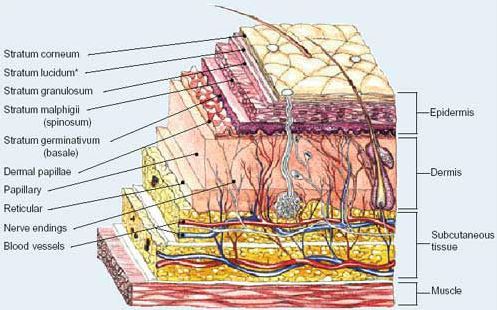
Why and how the damage occurs to our skin.
It is a process that begins in the cellular level. Free radicals damage cell components and affect the aging process. Collagen and elastin are susceptible to damage from free radicals, they damage the protein molecules that up our skin.
A wrinkle is created when sunlight turns on the collagen digesting enzyme. UV light damages elastin fibers, the result is sagging skin.
Other primary factors that contribute to aging skin: normal aging, photo-aging exposure to the sun on a daily basis), loss of the subcutaneous support( fatty tissue between our skin and muscle), stress, gravity, daily facial movements, and sleep position(sleeping on your face)
0 notes
Photo
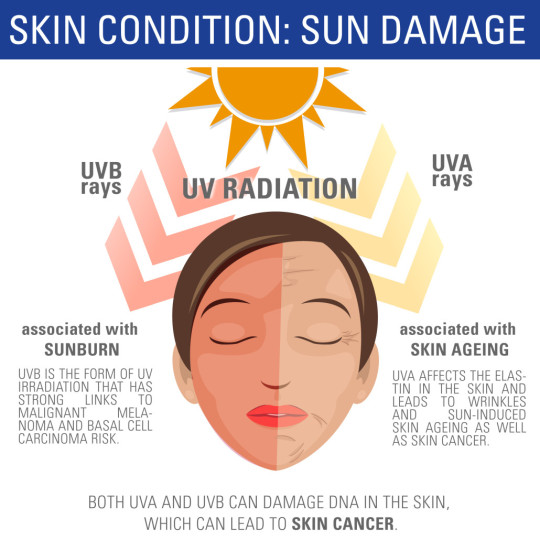
Sun exposure ages the skin the most!!
0 notes
Photo
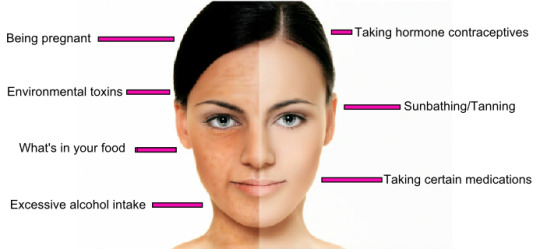
Internal causes that age our skin.
0 notes
Photo
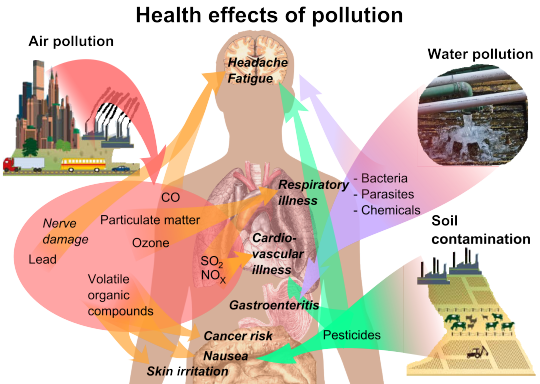
Our skin is easily damaged by external causes: the sun, environmental pollutants, harsh soaps and detergents, rough treatment, cosmetics, disease, cigarettes, excess alcohol, and sleep deprivation.
0 notes
Photo

Beautiful skin on the outside begins with good health on the inside. Proper nutrition, supplements, and the right creams can give you a healthy glow with in days.
0 notes
Photo
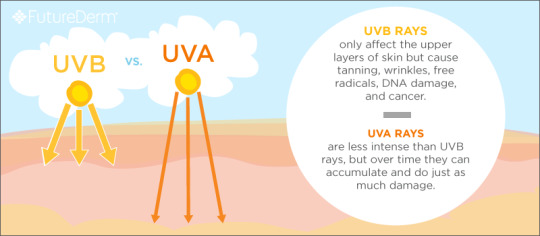
A tan is an immune function. The skin is desperately trying to block the suns harmful rays. UV exposure triggers the production of melanin.
0 notes
Photo
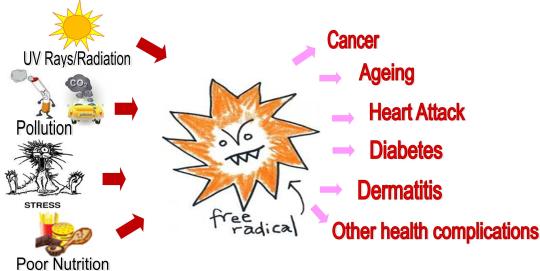
Sun exposure creates inflammation that results in free radical damage.
Free radicals are unstable oxygen related molecules, they wreak havoc by stealing electrons and interfering with normal cellular functions.
Free radicals cause alternation of DNA in cells which cause many problems including skin cancer and the break down of collagen and elastin which equals aging!!
0 notes
Photo

Let’s discuss some facts about the sun exposure.
It is the number one enemy of the skin. Why you ask? 70% of our wrinkles come from sun exposure and sun damage. It is the routine exposure that you don’t think about that causes skin damage associated with aging. The sun is responsible for most wrinkles, pigmentation changes, inflammation associated with redness issues, capillary distention, and flares of rosacea.
Perhaps now you may be asking yourself, I’m bot a sun worshiper, I don’t sit for hours on the beach tanning, there for when does sun damage occur? On a day to day basis, walking the dog, playing out doors, hiking, biking, watching our kids play sports, sitting next to a window, driving, and gardening. Just to name a few.
When you leave your house today, don’t forget to apply sunscreen.
0 notes
Photo

Things About Sun Exposure
Clouds do not protect, you burn on cloudy days.
Wear SPF and a hat
Look for broad spectrum protection. Look for sunscreens that protect from UVA and UVB radiation.
Chemical sunscreens create a film that filters UV radiation from reaching the skin. Physical sunscreens such as titanium dioxide and zinc oxide deflect UV rays.
Waterproof and sweat proof are misleading terms. Everyone must reapply sunscreen after swimming and while playing out door sports.
Wear shades. Wear sunglasses that have the ability to absorb and block 99-100% of UVA & UVB light. Protecting your eyes helps with fatigue, headaches, and reduces the risk of eye cancers.
0 notes
Text
Skin in Your 40 -50+ years of age.
* Combination of UV exposure and a declining amount of estrogen causes erosion to the skin’s underlining support structure, and it also inhibits its ability to retain moisture .
* Loss of elasticity and firmness skin is thinner and dehydrated.
* Wrinkles are deeper and more prominent, skin may be sagging.
* Increase in hyper-pigmentation.
0 notes
Text
Skin in your 30 to 40 years of age
*Cell turn over begins to slow, which leads to dullness and loss of even skin tone.
* Skin may be slightly drier and dehydrated, oil production slows and barrier lipids reduce.
* Wrinkles are more evident and are prominent around the eyes and mouth (smile lines)
* Elasticity and skin’s ability to repair itself begins to diminish as collagen and elastin reduce by 1% a year.
0 notes
Text
Skin at 20 - 30 years of age.
* Skin is smooth, bright, and firm
* There may be a few dehydration or expression lines around the eyes and mouth. (First sign of premature aging.
* Skin cells are regenerating every 28 days, which helps skin look healthy. (Recommend chemical exfoliation once a month)
0 notes
Photo
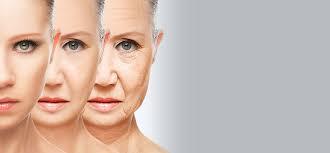
Our skin produces one million cells per minute. 5 billion skin cells a day. As our skin cells renew, old surface cells harden, lose moisture, and detach from our skin. This allows new cells to come through. The process is called desquamation, and it slows as we age.
These dead skin cells don’t always fall freely from our skin. They dry and dull our skin surface. Through exfoliation these cells are removed and new cells give a healthier appearance to the skin.
Exfoliation also helps shed the pigmented cells, the age spots and sun damage that appears as we age. Exfoliation allows the ingredients to penetrate the epidermis better.
I highly recommend a chemical exfoliation like papaya enzyme. Do not use the face scrubs or face scrub brushes. They do more harm than good to your skin.
0 notes
